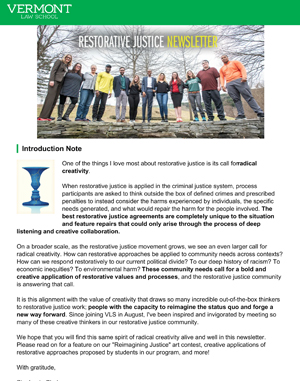A coalition of conservation groups and scientists petitioned the U.S. Fish and Wildlife Service today to immediately list a tiny tree from endemic to Puerto Rico under the Endangered Species Act.
Read the petition for an emergency listing, which was filed by Vermont Law School's Environmental and Natural Resources Law Clinic (ENRLC).
The coqui llanero, which is known to live only within a small wetland complex, is threatened with imminent extinction from the proposed construction of the Via Verde natural gas pipeline project, which would damage lands and waters critical to the frog's only known habitat.
The Fish and Wildlife Service proposed ESA protection for the dime-sized frog in October, but a proposed listing carries no legal protection. ESA protection will require the U.S. Army Corps of Engineers to consult on the project and ensure no harm to the frog or its critical habitat.
The Corps issued a draft environmental assessment for the pipeline on Nov. 30, signaling its intent to approve the project as proposed. Construction could begin early next year, prompting the need for immediate protection under the ESA.
"This tiny tree from depends on wetland vegetation that only occurs within a 600-acre parcel that is threatened by the construction of the pipeline," said amphibian expert Neftali Rios, who discovered the species in 2005.
"It is evident that Via Verde threatens to destroy this extraordinary frog's last remaining habitat, so we urge the Fish and Wildlife Service to take swift action," said Jaclyn Lopez, a staff attorney with the Center for Biological Diversity.
Professor Pat Parenteau, senior counsel to the ENRLC, said: "Unless the fish and Wildlife Service moves quickly to list this species, its fate may be decided before there is a chance to save it."
According to the Fish and Wildlife Service, in addition to development, the coqui llanero is threatened by other factors, including habitat degradation for flood control projects and competition from invasive wetland plant species. It also is challenged by its highly specialized ecological requirements and limited population distribution, low reproductive capacity, water and soil pollution, use of herbicides, brush fires, and inadequate regulations for its protection.
In October, the coalition of conservation groups filed a notice of intent to sue the Army Corps of Engineers under the ESA pending approval of the proposed pipeline through ecologically sensitive areas in Puerto Rico. Under the ESA, the Corps must consult with the Fish and Wildlife Service to ensure that the project will not threaten the survival of any of the 44 species that will be affected.
The Corps' analysis has been sharply criticized by scientists who are most familiar with the 44 species. The 92-mile pipeline, which has provoked widespread opposition over environmental safety concerns, would traverse the island of Puerto Rico. It would run through heavily populated areas as well as mountains, rainforests, natural reserves, karst regions, coastal areas and other sensitive areas inhabited by endangered wildlife and plants, including manatees, hawks and snakes. The project's sponsor maintains that the pipeline will reduce electric rates, but opponents maintain there are more cost effective and less damaging alternatives.
The coalition is seeking an emergency listing of the coqui llanero includes the Ciudadanos del Karso (Citizens of Karst), Federacion Espeleologica de Puerto Rico (Speleological Federation of Puerto Rico), the Center for Biological Diversity and the Sierra Club.
Available to talk to the media are:
- Professor Pat Parenteau: 802.831.1305, pparenteau@vermontlaw.edu
- Attorney Jaclyn Lopez: 415.436.9682 ext. 305, jlopez@biologicaldiversity.org


















